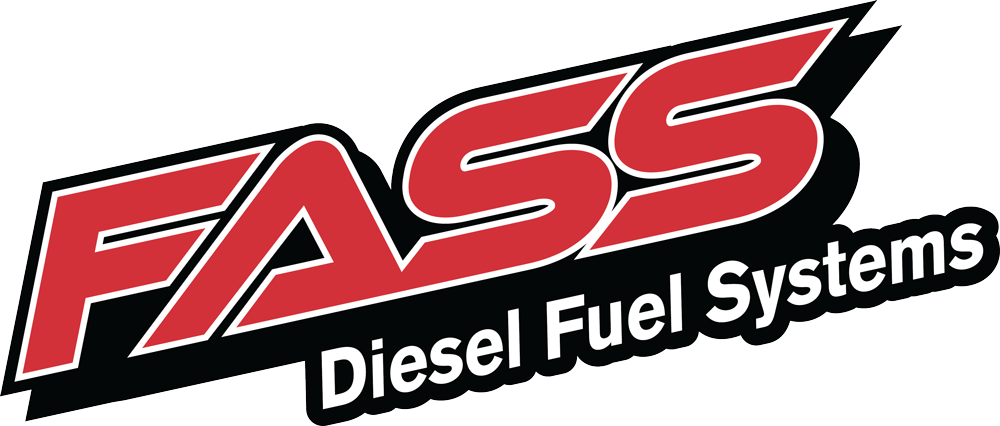Diesel engines are estimated to have a 45 MPG highway mileage rating, making them the perfect choice for long- and heavy-haul trucking companies. Though there are a number of components that work together to achieve this stellar rating, one of the most important is the electric diesel fuel lift pumps — after all, you wouldn’t get very far if fuel didn’t make it to the engine.
However, diesel fuel systems are comprised of many pieces: the electric diesel fuel lift pump does not operate singularly, but rather in tandem with other (also very important) components. Let’s take a look at three of them.
- Fuel Filter: Diesel fuel filters are responsible for removing any dirt, rust, or debris particles from the fuel before it enters the engine. Since even the tiniest piece of detritus can cause significant damage should it get into the powerful yet delicate structure of the diesel engine, it’s vital that your filter is not damaged itself. If your filter is old, it may become easily clogged: when this happens, you run the risk of fuel pump failure because the pump is forced to work much harder to force fuel through it.
- Fuel Tank: Rust and dirt are an engine’s worst enemy. Though your fuel filter should stop these materials from getting into your engine, it’s not always a guarantee. If your fuel tank is badly rusted or contaminated with dirt, you may end up clogging your filter as larger granulations build up — then, you’ve got a repeat of the problem mentioned above. Physical damage to the tank itself, such as dents or distortions, can restrict fuel entry into the pump or fuel exist from the pressure regulator, which inherently affects efficiency and forces your engine to push harder.
- Fuel Pressure Regulator: If the diesel fuel pressure regulator fails, fuel pump performance suffers. The pressure regulator will stick closed or the return line will become restricted, which will cause the fuel pump to operate at maximum fuel pressure. Again, you really don’t want your vehicle to be operating at such a high-pressure, extra force capacity because it can cause damage.
If any of these systems fail, engine efficiency suffers. As a result, it’s crucial to check the state of each during yearly inspections; When it comes to your diesel vehicle, it’s best not to skimp.

